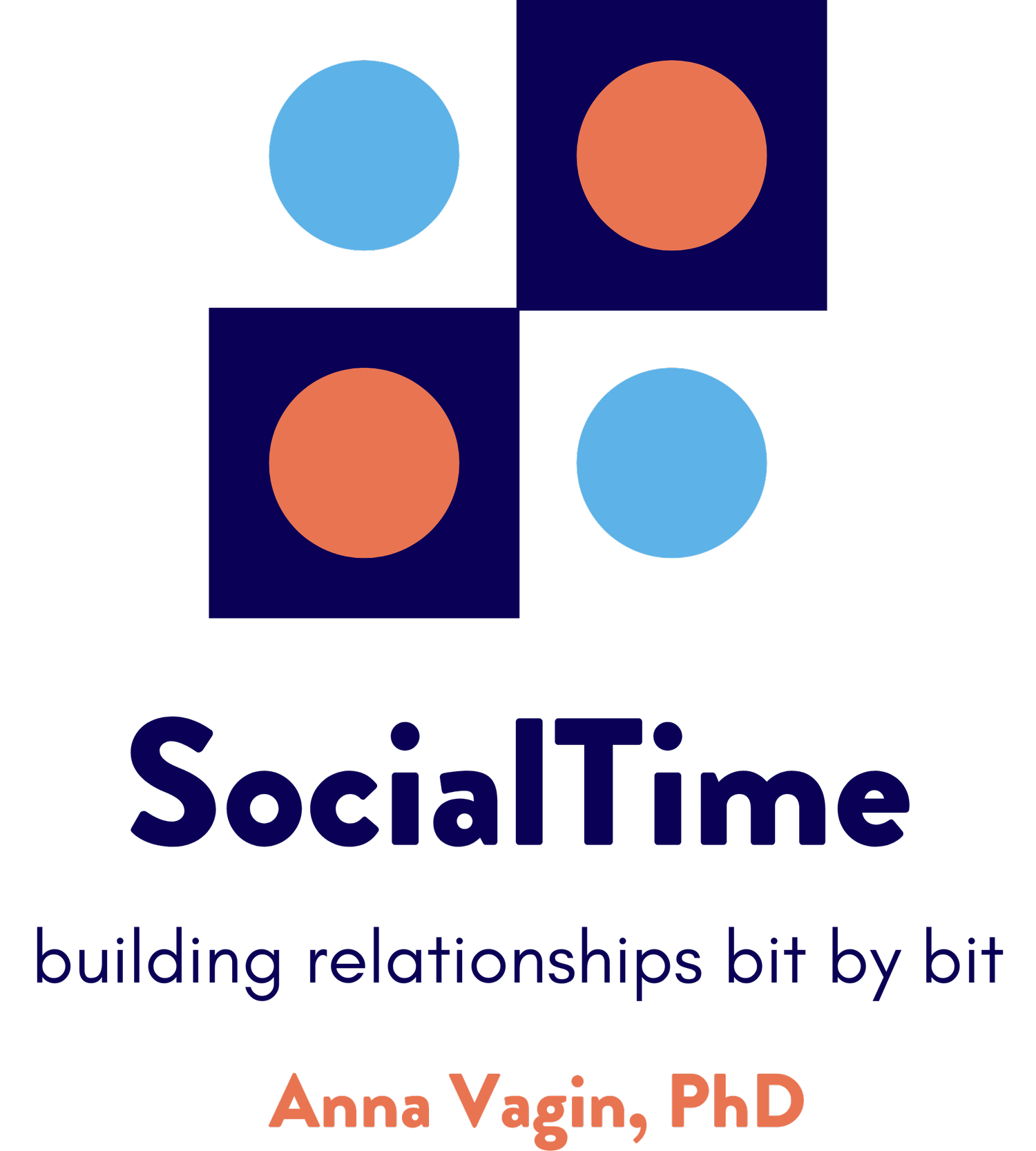Summer means…a chatty story about personal growth…
Funny how life teaches us about our work…
I love finding materials that move my work to a whole new level. Several years ago, I began a deep dive into continuums and discovered material that is exceptionally relevant to my students, especially as they moved into young adulthood and beyond. Their purpose isn’t to insist on being followed, or cue students to give us the answer we want to hear. When appropriately crafted, scales can become:
💪 powerful visual facilitators of change.
🔎 visuals that gently support and suggest.
🛠️ tools that offer options and alternatives.
Summer – a Time for Personal Growth
As I set off on a summer vacation to SummerKeys, an adult music camp in Maine, scales for social learning were in the back of my mind. For five days, I immersed myself (9AM-5PM!) in playing my cello 🎶. It turned out to be absolutely amazing, but also pretty overwhelming. I heard from other attendees that, yes, your first time is kind of a lot. Really a lot.
At SummerKeys, in addition to group and individual daily classes, as well as scheduled practice time, I participated in a three-person ensemble to explore playing together – with all the joys and challenges that that entails. Other than playing with my husband or super close friends, it was my first “real” ensemble playing experience.
My Journey from Overwhelm to Progress
After my first, very full day at camp, at Monday’s evening reception, I was handed the music our trio would be playing, with the reminder “first rehearsal is at 4 tomorrow.” I looked at the music and thought “hmmm – somehow I thought the piece would be easier…”
Because I was working on other music in my group and individual lessons, I ended up Tuesday afternoon in a practice room with about 45 minutes to figure it out and (theoretically) know how to play it reasonably well. Well, I didn’t. I was overwhelmed by:
🎵 multiple positions,
🎵 the many quick shifts,
🎵 a total lack of fingering and bowing markings,
🎵 tricky counting.
The rehearsal was really rough. I could barely play anything. I felt one of the trio glaring at me with what I interpreted as contempt.😣 A continuum came to mind:
Okay, it was a continuum of just one point. Not so helpful.
That evening, I took stock, shed a few tears 😢, showered, and re-grouped. It occurred to me that I had some material for a newsletter about my predicament, always a plus (!) and I found it pretty easy to come up with 4 additional reference points:
Deciding not to leave for the airport, I went to sleep 💤. The next morning, I realized I had moved!! Just spelling things out, and realizing there were options beyond the discrete points of “run” and “be a superstar” had helped me immensely.
Fast forward to Friday evening, when we had our student recital. I had two pieces to play, one of which was the dreaded trio. I got through it, although I wasn’t so great. At all. But I did it, and realized I had actually become a much better player for having stuck with the process. 🎉
I know the continuum helped me.
👉 Knowing that I would not get to the point on the far right, and recognizing that that was okay, helped me understand that I didn’t have to be “great” to be successful – that is, to progress.
👉 Realizing that I could move from that defeated, far left point, bit by bit – that I didn’t need to stay there – really helped. It felt good to move! I liked the feelings of optimism and change.
👉 I had hope, and an outline of steps along the way.
👉 Moving also reassured me. After all, I had come to make progress, not to become “great.”
👉 The continuum helped me concretize and visualize how I was changing and growing.
👉 It helped me set an attainable goal: I know I can get through this.
SocialScales: Visual Tools for Social Learning
This experience once again showed me how powerful scales can be. As has observing many students progress through “same but different” experiences. Times when, with care and considered attention, they were able to take stock and see where they were at a given moment. Sometimes they decided that spot was right for them – they were satisfied (or even happy) with that status quo. For the moment, or perhaps for a longer time. But there were other times when continuums enabled them to see alternatives – times when they were able to envision a realistic path toward change that they could explore.
Returning to California, I was ready to get to work on SocialScales: Make Social Learning Visible, knowing they will help students, clinicians and parents. How have you experimented with continuums in your clinical work? Let’s continue this journey together!



